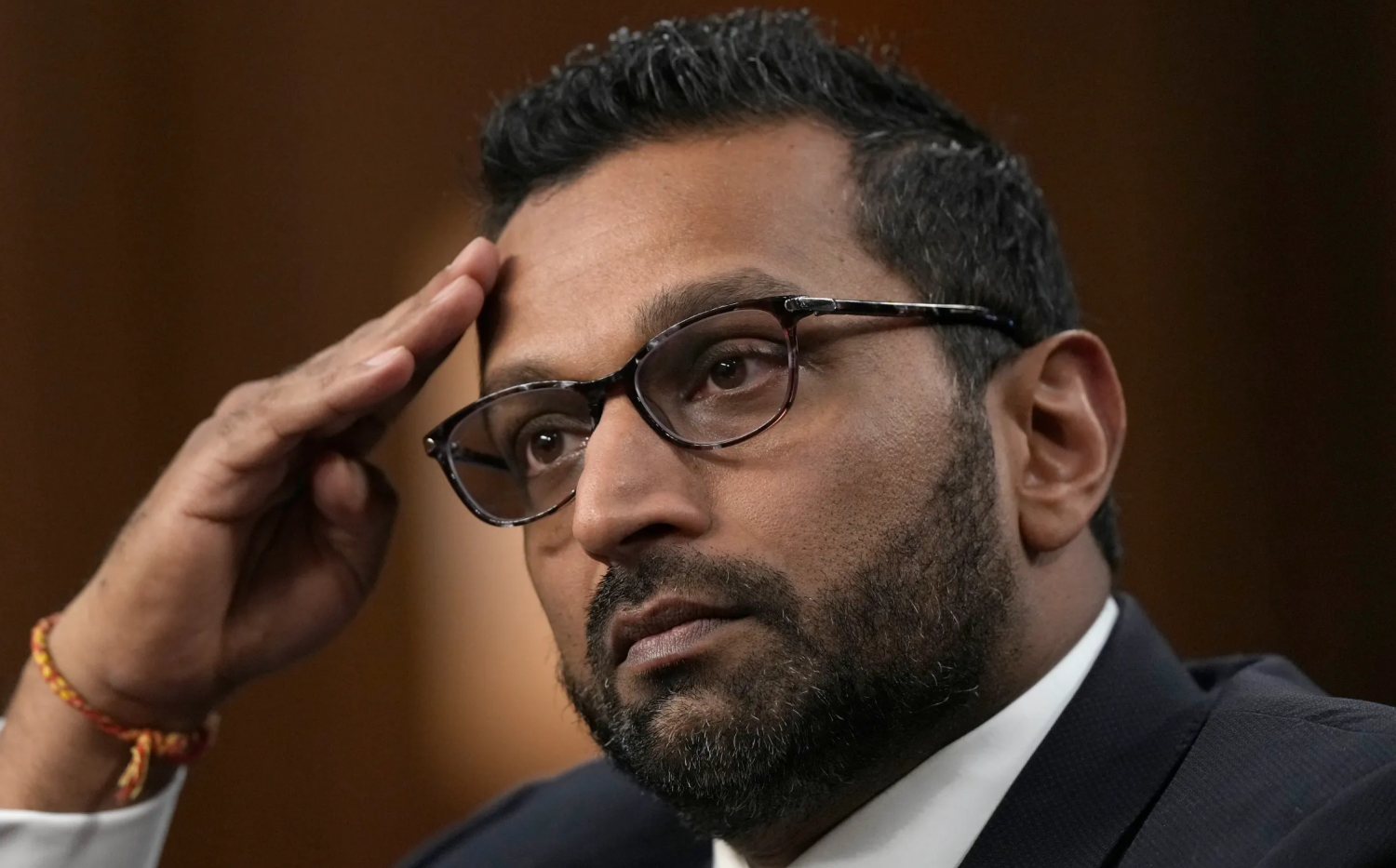FBI Agent Arrested for Leaking Sensitive Information – A Major Blow to National Security
In a dramatic development, FBI agent Jonathan Buma, known for his outspoken criticism of the first Trump administration, has been arrested on charges of unlawfully leaking sensitive information. The allegations center on claims that Buma, a seasoned counterintelligence officer with 15 years of experience, printed and distributed confidential FBI documents, including files related to a foreign nation’s weapons of mass destruction program.
This case has sparked significant debate about the balance between protecting classified information and addressing internal concerns within federal agencies. Buma’s actions have raised important questions about internal security, accountability, and the lengths to which individuals within federal agencies might go when personal views clash with official protocols.
Uncovering the Breach
According to the criminal complaint filed on Tuesday, Buma allegedly printed nearly 130 documents from secure FBI systems in October 2023. At least eight of these documents contained sensitive information about a foreign adversary, including reports marked as confidential. The complaint also states that Buma printed screenshots of encrypted communications with a confidential source, which later appeared in news reports. These leaks, particularly concerning information about a foreign nation’s weapons program, could have significant repercussions for national security and FBI operations.
The timing of Buma’s actions is also notable. The complaint suggests that Buma was in the process of writing an autobiographical book, in which he planned to reveal details about internal FBI investigations and counterintelligence operations. The complaint further alleges that he circulated drafts of the book via email and shared excerpts on social media, actions that violated the confidentiality agreements that govern his position.
The Arrest and Immediate Consequences
Buma was apprehended at New York’s John F. Kennedy International Airport just before he was set to leave the country. Authorities allege that his arrest was part of a broader crackdown on unauthorized disclosures within federal agencies. Buma was arraigned in federal court in Brooklyn on Tuesday, with charges filed in California. After posting a $100,000 bond, he was released pending further legal proceedings. His attorney has yet to comment publicly on the charges. This case, which has garnered widespread attention, raises questions about how the FBI will address leaks and internal dissent in the future.
The FBI has refrained from commenting in detail on the investigation, but sources suggest that the case may lead to a reevaluation of internal security measures and protocols within the bureau. The stakes are high, given the sensitive nature of the leaked information, particularly related to foreign threats.
A Wider Context: The FBI Under Scrutiny
Buma’s arrest comes at a time when the FBI is under significant scrutiny. Recently, the bureau has been investigating violent attacks on Tesla vehicles and incidents involving swatting. These investigations have been tied to concerns about federal spending and the proper use of government resources. In this context, Buma’s case highlights a growing tension within the agency. While the FBI is tasked with protecting national security by preventing the unauthorized release of classified information, internal critics argue that the agency’s handling of political matters has been problematic.
The ongoing debate over leaks and whistleblower protections adds further complexity to the case. Some view Buma’s alleged actions as damaging to the agency’s credibility, while others argue that it is crucial to address systemic issues within the FBI, including its handling of politically sensitive matters.
Political Fallout and Future Implications
If convicted, Buma’s case could set a precedent for how federal employees are held accountable for leaking classified information. This is particularly significant in an era where transparency and accountability are under intense public scrutiny. Some critics fear that such cases may discourage potential whistleblowers from exposing wrongdoing within the government, while others believe that prosecuting leaks is necessary to ensure national security.
Buma’s actions have also become a focal point in discussions about political bias within federal agencies. His criticisms of the first Trump administration, coupled with the alleged leaks, have fueled concerns about the FBI’s political neutrality. The case could deepen the public divide over the role of federal agencies in safeguarding national security while ensuring transparency.
Conclusion: A Critical Moment for National Security
Jonathan Buma’s arrest marks a significant moment for the FBI, underscoring the challenges the agency faces in balancing the need to protect classified information with addressing internal concerns. The case serves as a reminder that federal employees, regardless of their rank or tenure, must be held accountable for their actions regarding sensitive data. It also raises important questions about the role of transparency and whistleblowing in ensuring government accountability.
As the case unfolds, it will be closely watched by both legal experts and the public. The outcome of this case could have far-reaching implications for how federal agencies handle leaks and protect classified information in the future. For now, the focus remains on maintaining the integrity of the national security apparatus while ensuring that breaches of trust are met with appropriate consequences.
